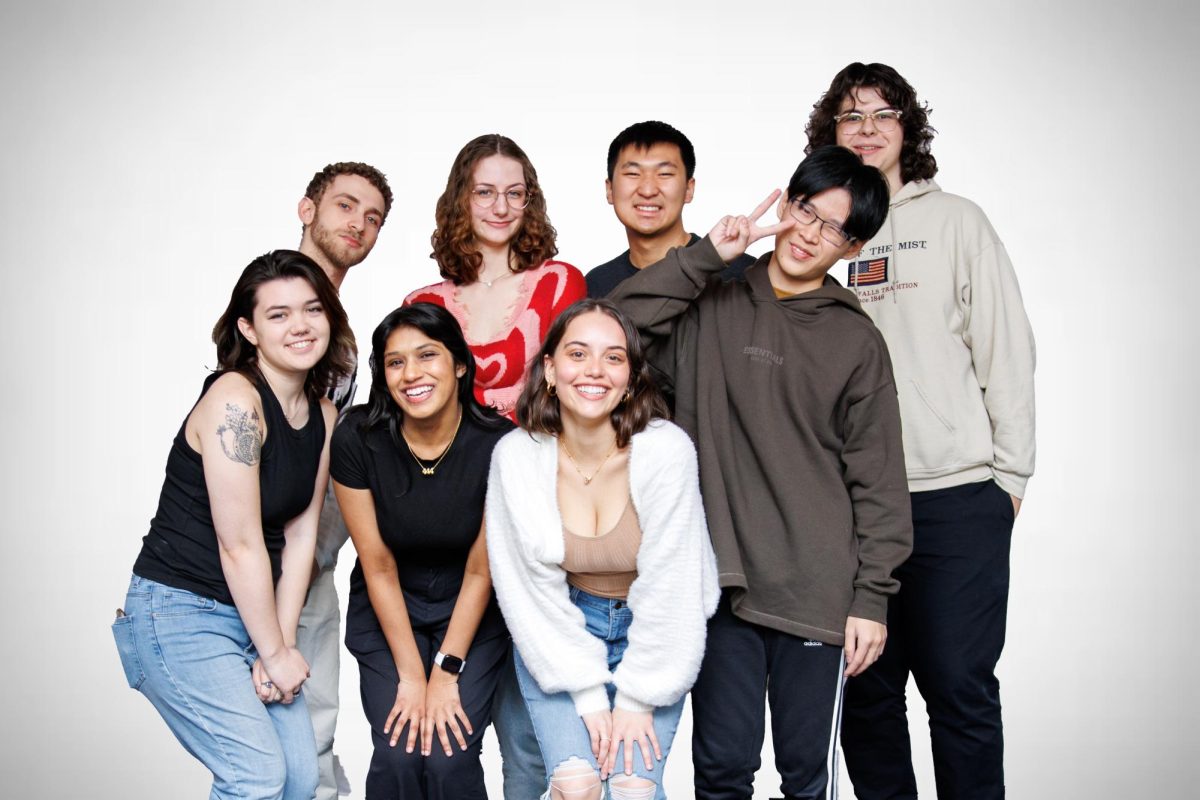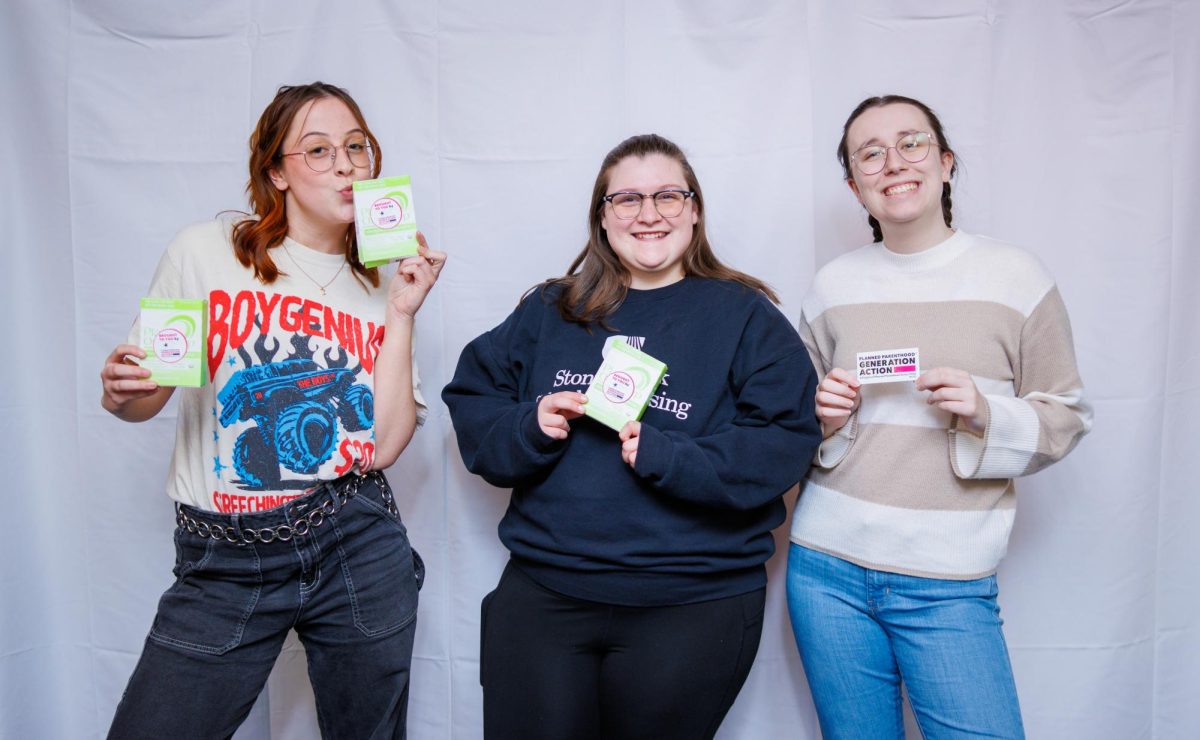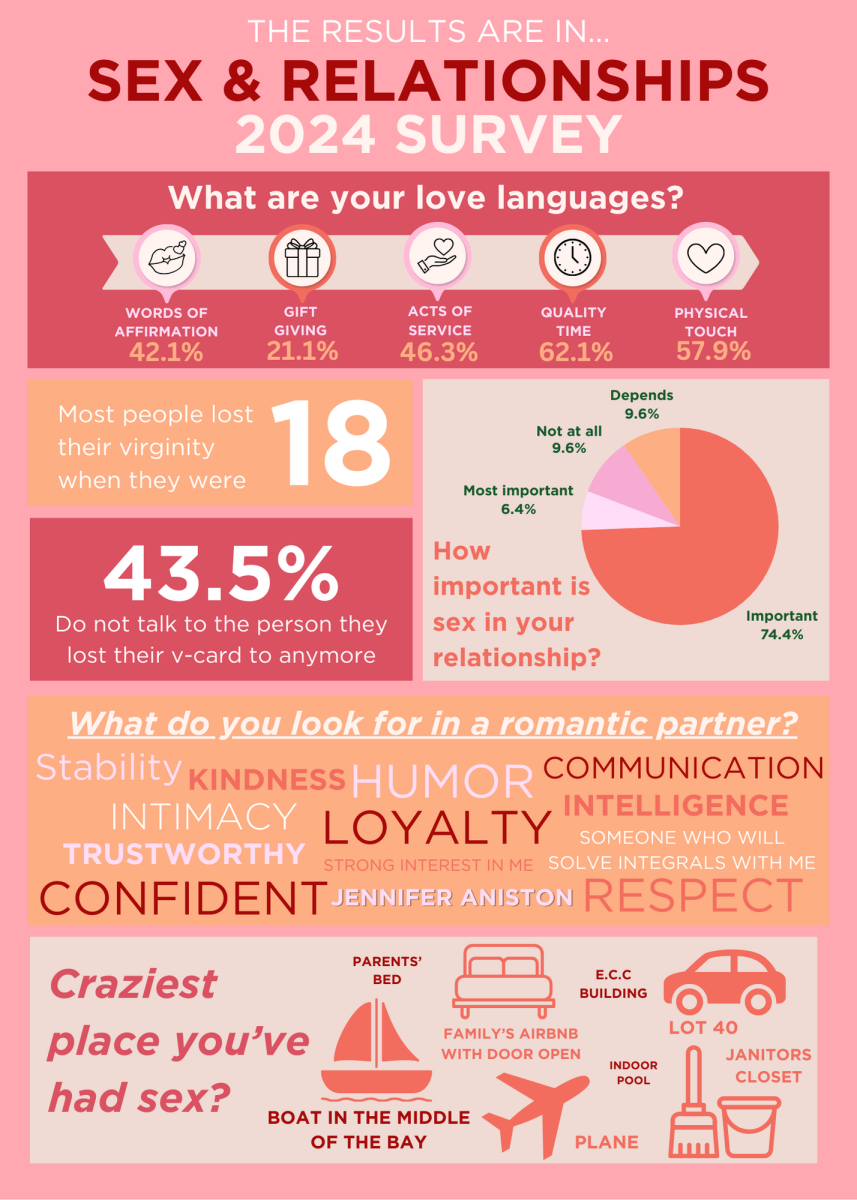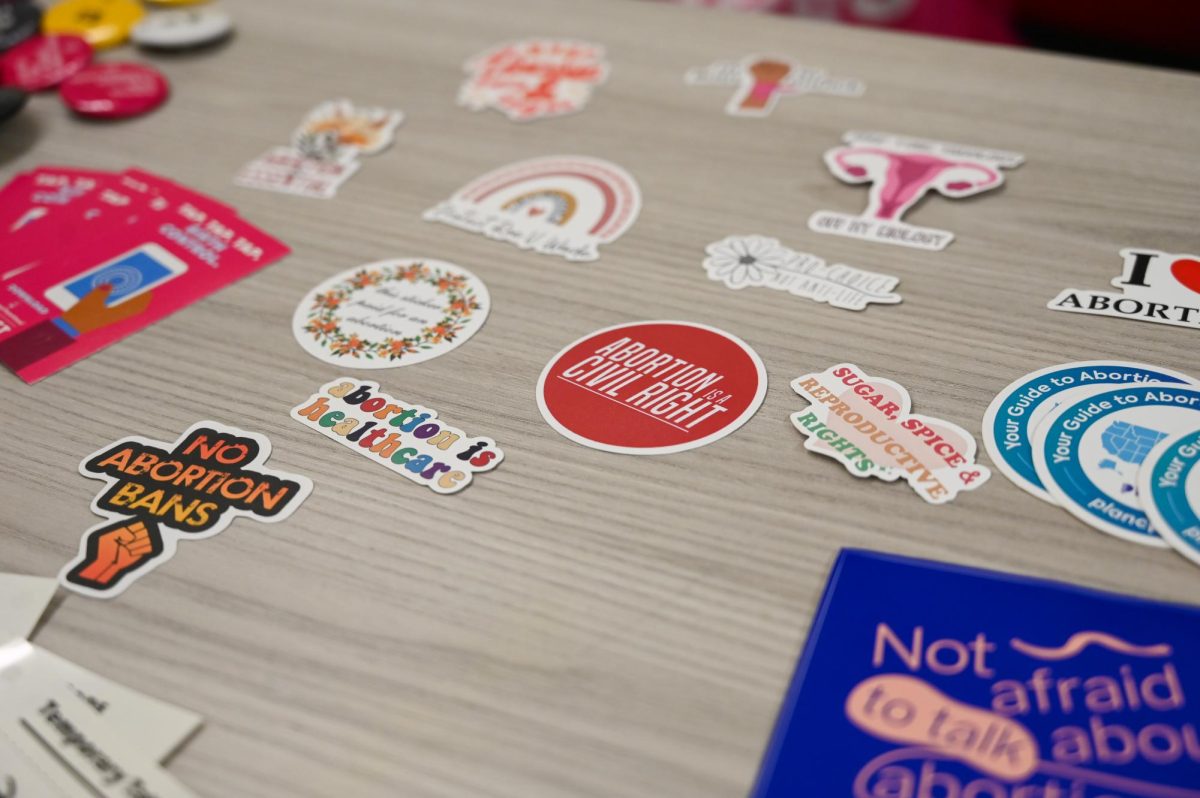
The topic of what a healthy relationship entails will never cease to spark spirited debates, as many try to get to the bottom of what “healthy” truly means or looks like.
A quick Google search of “What is a healthy relationship?” results in countless articles, blogs and public forums that aim to make sense of such a loaded term. Even government agencies have taken part in the discussion.
According to the official website of New York State, healthy relationships require “honesty, trust, respect and open communication between partners and they take effort and compromise from both people.” In fact, the webpage is called “Teen Dating Abuse Awareness and Prevention,” demonstrating a need to reach younger audiences about the perils of unhealthy relationships.
According to Domestic Violence Services, Inc., one in three “young people will be in an unhealthy or abusive relationship.”
For Joanne Davila — a clinical psychology professor and chair of the Psychology Department at Stony Brook University, as well as an expert in healthy relationships — educating youth on stable interpersonal connections and providing them with tools to use for the rest of their lives is a goal worth working towards. Davila argues that more needs to be done to address this issue.
“I think we really need to start socializing people from an earlier age so that they have good relational skills and can make good choices in their lives and that should carry forward,” Davila said.
Davila teaches and practices a model of romantic competence, which focuses on three major components: insight, mutuality and emotion regulation.
Insight refers to one’s grasp of their own feelings and actions. “[Insight means] to understand why you do the things you do, to learn from your mistakes, to get to know other people in a way that allows you to really understand who they are,” Davila said.
Mutuality refers to the ability to meet the needs of a partner and practice empathy. Davila explained, “Everybody deserves to get their needs met, and we need to coordinate in a way that allows us to do so.”
Emotion regulation refers to “managing all the feelings that come with relationships.” According to Davila, this component helps people make good decisions and stay present while navigating their relationships.
According to the National Library of Medicine, healthy habits learned earlier in life are more likely to be retained during adulthood. This concept coincides with Davila’s idea of implementing lessons that could have a monumental impact on people’s lives into education systems.
“I would love to see a more significant movement for teaching relationship skills in schools, we teach things like sex-ed, we teach things like violence prevention,” Davila continued. “These are all very important things to do, but they’re all about risk reduction and harm reduction, rather than about promoting wellbeing.”
Carly Santore, a senior double majoring in mathematics and applied mathematics & statistics, is in the Mathematics Teacher Education Program. When discussing the topic of introducing healthy relational habits and concepts into education systems, Santore agreed with Davila’s sentiments.
“I do believe that healthy relationships and mental wellbeing are extremely important topics for teenagers to be educated on. This curriculum can absolutely be implemented alongside sex-ed,” Santore said.
However, as someone well-versed in the New York education system, Santore noted that taking such a step is far easier said than done.
“Since New York Schools are not required to teach sex-ed, it might be difficult to lay out the roadmap for this complicated subject matter,” she explained.
These programs do, however, exist in other states. For example, schools in Georgia are offering healthy marriage and relationship education (HMRE) courses to teach students communication skills and to set expectations for relationships.
Ultimately, Davila believes that by raising awareness and opening up the discussion surrounding healthy habits, people can be more equipped to handle their own relationships. She feels with how things currently stand, people are often provided with the resources they need for healthy relationships when it is too late — or perhaps when they have already selected a partner.
“One of the things that I think is really common and problematic is that people get super focused on this idea that if they just love the person enough, everything’s gonna work out,” Davila said. “Being really intentional when you’re selecting who you want to be with is very important, and then getting out [of a relationship] if it’s not right.”
Although implementing curricula that mirror HMRE courses in states like New York may be difficult, Davila’s methodology demonstrates that it may be worth the effort and resources.



















